FM Approved Insulated Panels (Exterior Building Panels)
-
The Hazard
Combustible insulations, bonding agents, facer coatings, and finish materials contained in exterior building panels (walls, ceilings, and roof assemblies) may exhibit self-propagating behavior in the event of even a small fire. The fuel contribution of some exterior building panels may result in the requirement of fire-propagation limiting tools such as an extensive sprinkler system (products tested to Approval Standard 4880). Additionally, products of combustion, smoke developed, and also combustible insulations limit installation in several industries (products tested to Approval Standard 4882).
In addition, exterior wall building panels designed with a face that is exposed to the outdoors is subjected to a number of natural hazards such as wind, hail, and hurricane blown debris. Damage to a building’s outer layer compromises its ability to provide the functions it was designed to deliver. Compromised exterior walls can pave the way for serious damage to the building structure and its contents and cause costly undesirable effects and business interruption.
Exterior Wall Building Panels that receive FM Approval have been evaluated to provide assurance that they will perform their intended functions and maintain the integrity of the building envelope for the stated design conditions. FM Approvals is the only organization that tests these products for fire performance as well as their ability to withstand natural hazard events without compromising the building structure.
-
Testing Required for FM Approval
FM Approved exterior building panels are subjected to a significantly more rigorous test regiment than non-FM Approved panels. They are tested to Approval Standard 4880 for fire performance (rated as Class 1). These panels must pass large-scale fire testing in which numerous panels are installed to mimic field applications and then subjected to a corner fire to quantify the extent of fire propagation. These large-scale fire tests, sometimes 50 ft (15.2 m) high, include 4500 ft2 (418 m2) of, panels and reach extremely high temperatures, more closely relate to everyday installation and function for the hazards presented from exterior exposure.
FM Approvals is the only organization that tests these panels for natural hazards. Large-scale building wall mock-ups are constructed with the panels and pressurized over 18,000 times to quantify the effect of wind on the panels and fastening elements from a major wind storm. The tests will determine wind zones in which the panels may be used according to FM Global and building code requirements. The panels are also exposed to simulated hail impact with large ice balls impacting the exterior surface. Finally, wind-borne debris tests are conducted with 9 lb (4 kg) nominal lumber impacting the panel at over 40 mph (64 km/hr) to determine their resistance to hurricane-blown debris.
-
But What About...
Cost?
It is important to understand these products are unique and there are no similar or comparable products in industry. Exterior wall building panels meeting Approval Standards 4880 and 4881 have been certified to meet more than just fire propagation criteria. They have been tested and confirmed to remain intact during significant natural hazards events such as hurricanes. This comprehensive approach to certification offers unique advantages over non certified products or products certified for fire only. Only exterior wall building panels meeting Approval Standard 4880 and 4881 meet performance requirements for both fire and natural hazards resistance.
It is important to understand the product manufacturers’ pricing structure. It may be that the cost of FM Approved tested and certified exterior wall building panels is more than exterior wall building panels certified to meet minimum local fire and building codes requirements without regard to natural hazard performance characteristics such as wind resistance, wind-borne debris resistance and hail resistance.
FM Approved products are capable of meeting fire and natural hazards performance requirements are generally more highly engineered than those meeting only the fire requirements. The use of these more advanced assemblies may influence the price of these products.
The best place to start any pricing comparison is with the manufacturer. The source for their product pricing is often found on their Web site. The Approval Guide, and online resource of FM Approvals, provides links to most of our manufacturer’s Web sites along with the listing for the product. That link will often get you to a pricing sheet, or at least to a representative who can explain the actual cost that a manufacturer uses as their base. Start there, and then understand that there may be supply chain costs which add value to the product and likewise increase its price. Since the testing and certification costs for FM Approvals are already built into the manufacturer’s cost, there should be no added cost for these tested and certified product along the supply chain.
The benefits of tested and certified products as described herein will help the end user in making a choice between tested and certified products versus those similar products that have no such certification credentials.
...local codes and jurisdictional requirements?
Jurisdictional authorities and local regulators reserve the right to challenge products for use within their jurisdiction. FM Approvals incorporates jurisdictional and code requirements into their testing standards as well as providing rigorous loss prevention criteria. All users of FM Approved products can rely on these products to be acceptable by local jurisdictions, as well as provide the loss prevention solutions prescribed by FM Global.
-
Success Stories
Maintaining Global Accreditations
- FM Approvals maintains accreditations recognized globally by OSHA and IAS in the United States, SCC in Canada, UKAS in the United Kingdom, and is a Notified Body in the EU for ATEX and CPD.
- The only certification which assures panels are tested for fire performance and natural hazards performance, such as hail and wind-blown debris.
- Large scale testing, not just benchtop scale, samples fire and natural hazards tested
- Up to 9.4 in. (240 mm) thick building panels available for maximum insulating value
- Fire-tested for installation from 10 ft (3 m) to unlimited height
- Food-safe facers and coatings available

